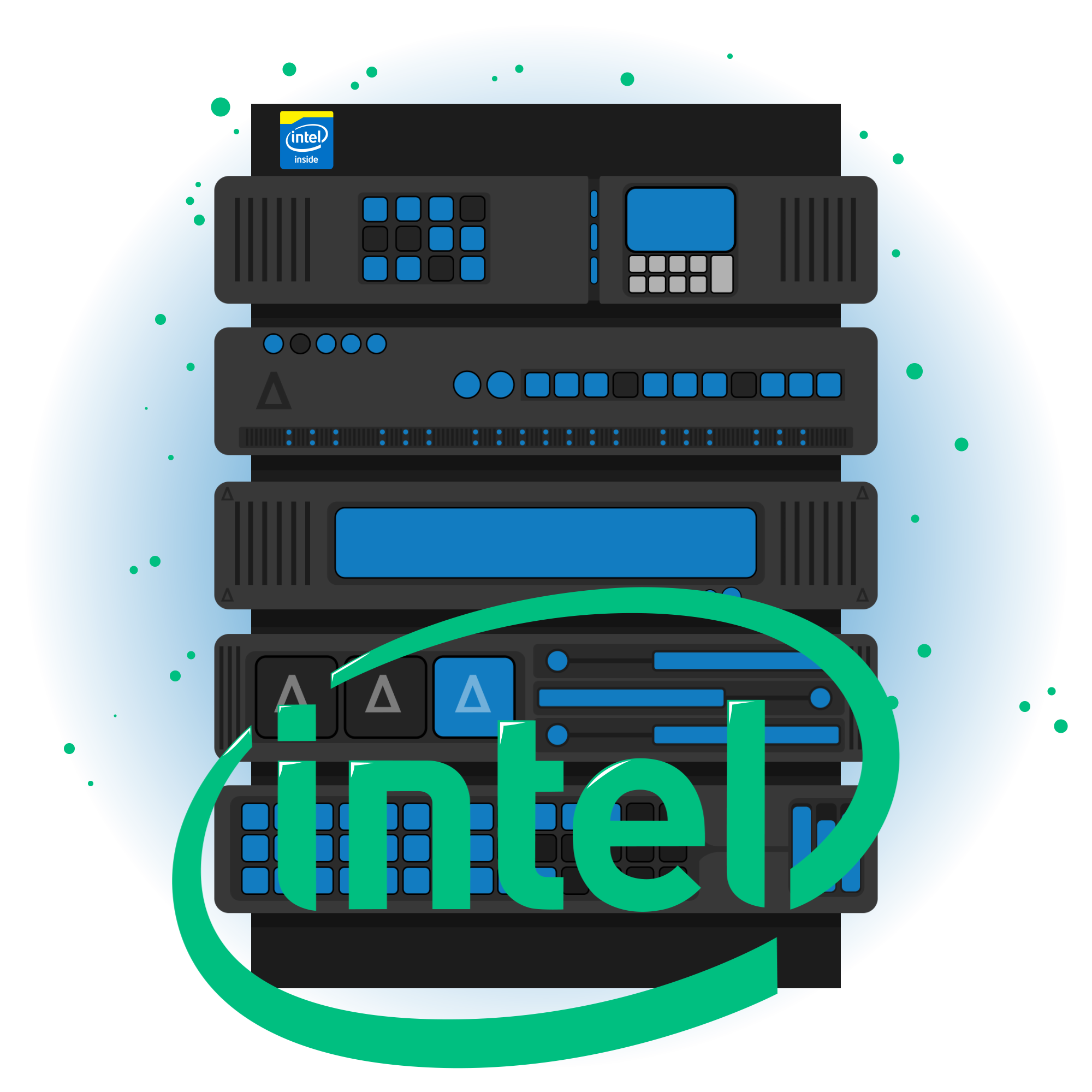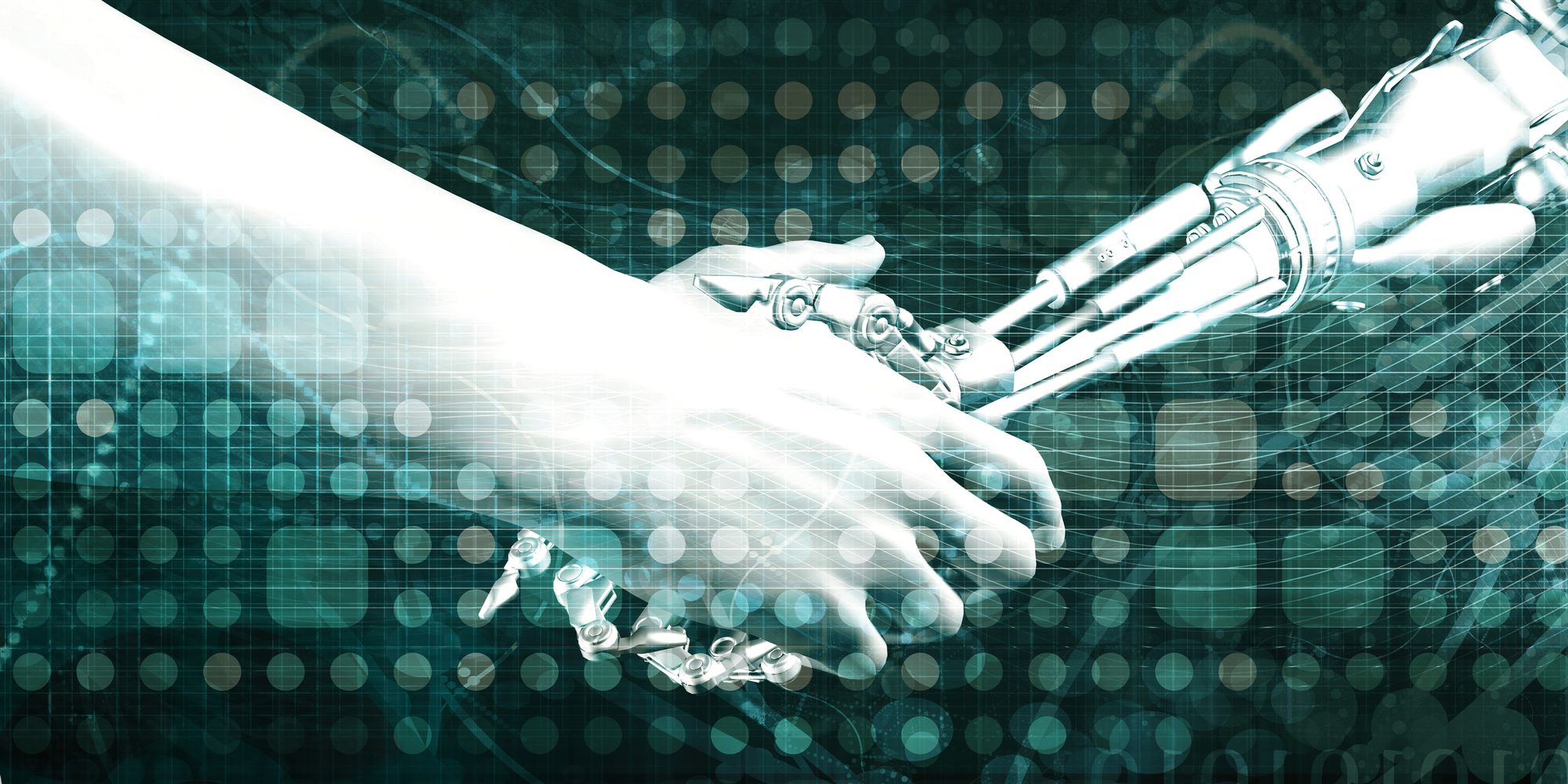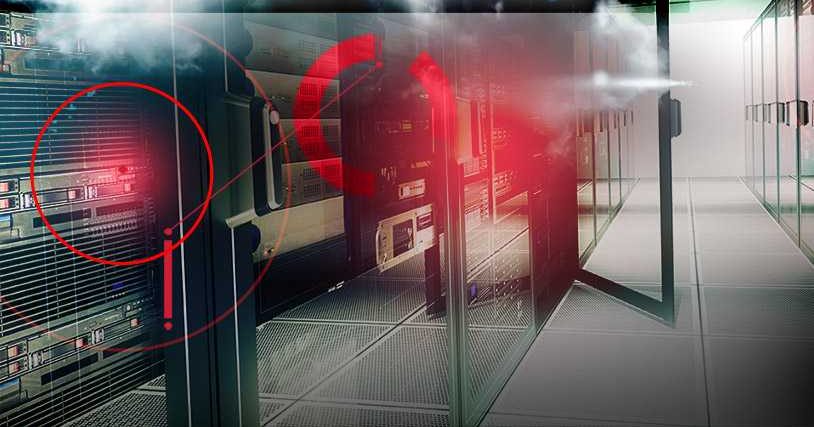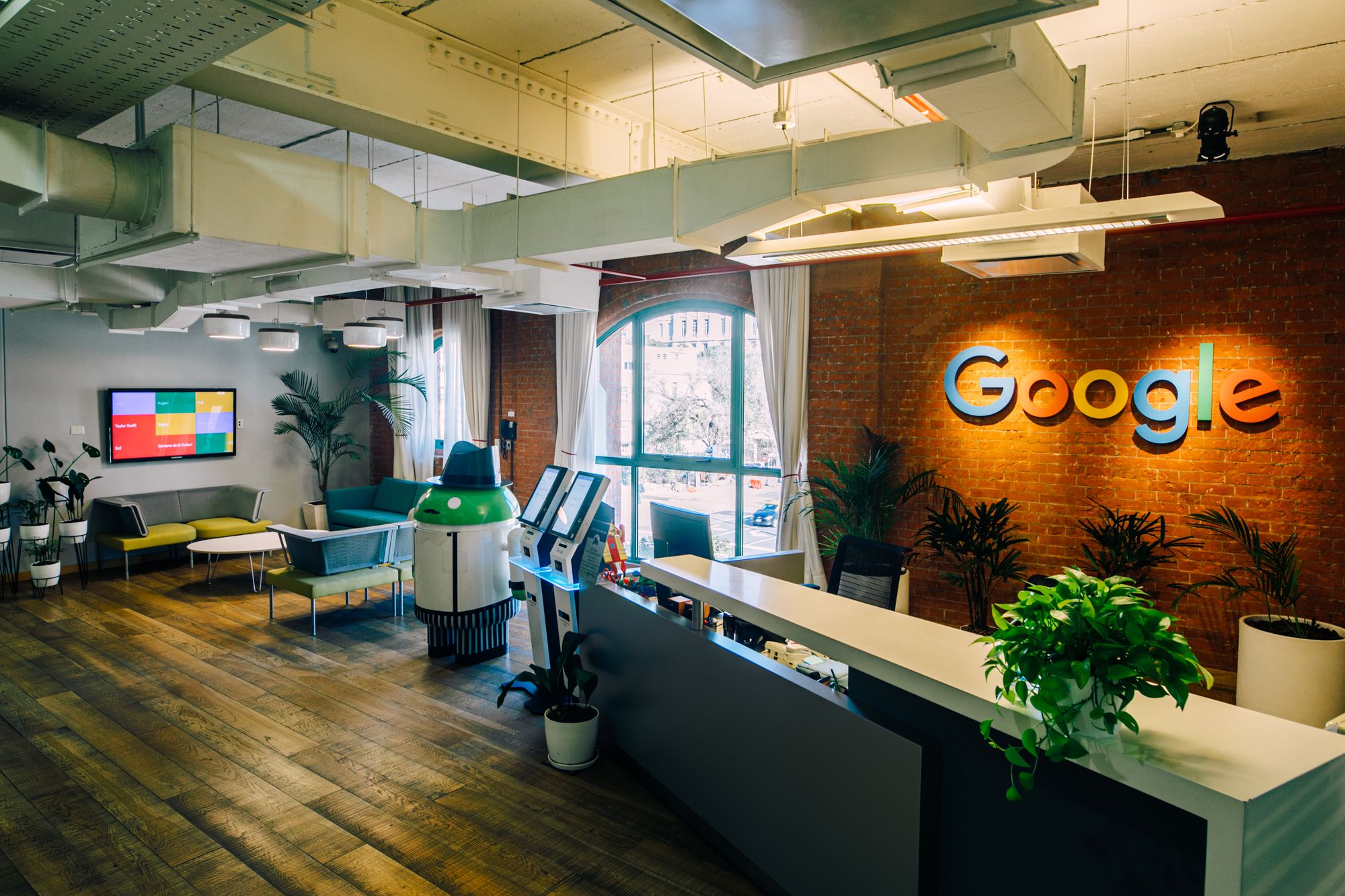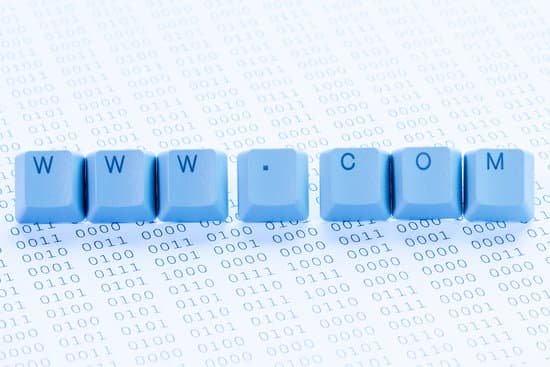After suffering a severe increase in cyber attacks during the pandemic, the productive sector is finally waking up to cyber security. Even facing a scenario of digital transformation forced by the pandemic of the new coronavirus (SARS-CoV-2), which created serious cybersecurity gaps, specialists from the Slovak information security firm, ESET, believe in an optimistic future for the sector.
At an ESET presentation exclusively for members of the press, information security researcher Daniel Barbosa and sales engineer Carlos Marino presented their projections for next year, contextualizing data from the survey “Trends and Threats LATAM 2022”.

According to experts, the COVID-19 pandemic forced an emergency digital transformation in the corporate world, which opened doors for security breaches, especially in cases where employees work with personal machines, without the proper security procedures configured, both on the machine and on the home network to which they are connected.
Fortunately, the security issues generated by this move from the office to the home office (or hybrid model) are already being recognized by companies. According to data presented by ESET, there is still low implementation of basic security processes such as antivirus, VPN and two-factor authentication. Nonetheless, more than 70% of companies revealed that, in this post-pandemic moment, they are more concerned about the security of their data.

“This hybrid system, which is being well adopted by most companies and which is already a reality, brings us relevant data. According to a McKinsey survey, 9 out of 10 companies aim to definitely adopt this hybrid working model“, comments Marino.
In addition, 91% of the companies interviewed in the aforementioned survey had to digitize critical processes during times of social isolation, which shows how companies were not prepared for telecommuting. Another alarming fact is that 77% of them did not provide their own equipment to their employees, forcing them to use their personal machines, which is a serious safety issue.

The hybrid work model is a reality and its adoption is one of the main trends for the next year. However, the implementation of this model must be done with responsibility.
Among the main challenges mentioned by experts is the provision of adequate equipment, configured with antivirus, VPN and multi-factor authentication on all accounts. Furthermore, companies must also invest in awareness training constantly.
Another highlight of the presentation is the adoption of the models “Zero Trust“(Zero Confidence), which according to research, around 30% of companies have already implemented this model and the other 70% reported that they are studying the possibility.
As for information security developers, researchers design a increased use of advanced technologies such as artificial intelligence, machine learning and blockchain, which can guarantee even higher levels of control and security.
Source: TheHack
